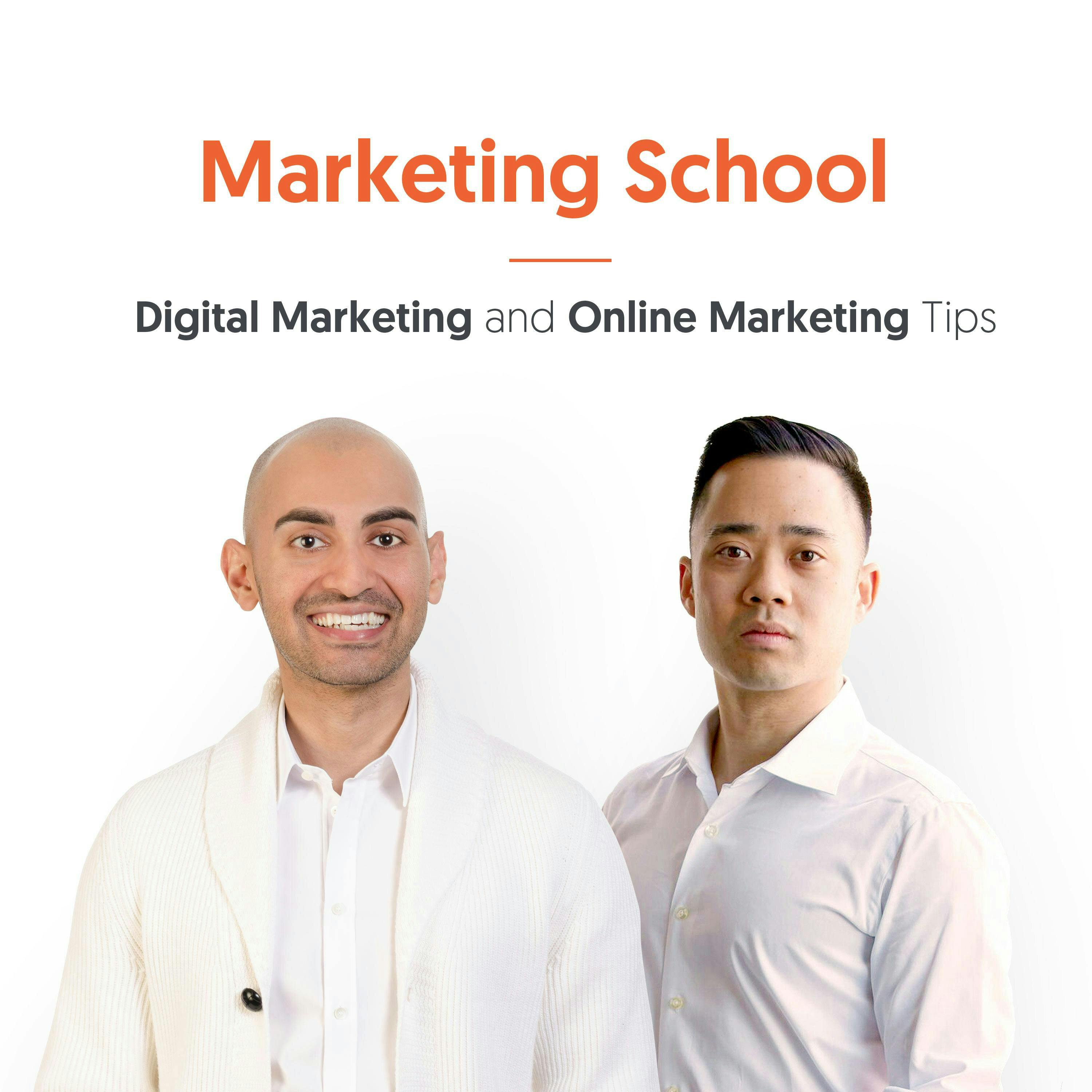We can't find the internet
Attempting to reconnect
Something went wrong!
Attempting to reconnect
How to Throw a Virtual Conference When You Have No Audience | Ep. #498

Access AI content by logging in
In episode #498, Eric and Neil discuss how to throw a virtual conference when you don’t have a built-in audience. Tune in for tips and tricks for building an audience and making sure your information reaches the masses.
Time-Stamped Show Notes:
[00:27] Today’s Topic: How to Throw a Virtual Conference When You Have No Audience
[00:37] When Eric attempted to throw a virtual conference a few years ago, he had no audience.
[00:45] When throwing a conference, you must, first and foremost, set your goal or objective.
[00:59] Eric reached out to a lot of people that he thought would be “smart”; he then had them record segments and let them blast their email lists. He made it easy for them to share the event with their social media following.
[01:30] Eric made sure to make other people’s involvement as easy as possible, by fitting it around their schedules and workflow.
[01:50] The end result was that they collected 6000 or so emails and sold a bunch of recordings of the conference for a total of about $5000.
[02:15] Neil supports Eric’s method and says that you have to recruit popular people who will help bring in an audience. This doesn’t mean big names necessarily, but rather people with a big following and a long email list.
[02:50] Also, go after companies that have a big following and offer them the opportunity to have a new platform.
[03:10] Crowdcast is a great product to use for these virtual conferences (It worked for Eric, but it crashed when Neil pulled in too many viewers).
[03:46] Google Hangouts has also worked for this type of venture, but you have to make sure that everything is well coordinated.
[03:51] In this case, well coordinated means sending out email or social media blasts for each segment with enough headway to get viewers or hangout members.
[04:05] To stay coordinated, use a scheduling tool like Buffer or Edgar for your social media channels. Paid ads work, as well.
[04:29] Collecting email addresses is a forgotten, but necessary art.
[04:35] Corporations are more likely than individuals to share their email lists, because they always want more publicity.
[05:03] That’s it for today!
[05:05] Eric and Neil recommend the Problem Solvers podcast, because there is an episode about Burrow, the Dollar Shave Club for couches. To listen go to singlegrain.com/solve.
Leave some feedback:
What should we talk about next? Please let us know in the comments below.
Did you enjoy this episode? If so, please leave a short review.
Connect with us:
NeilPatel.com
Quick Sprout
Growth Everywhere
Single Grain
Twitter @neilpatel
Twitter @ericosiu
Learn more about your ad choices. Visit megaphone.fm/adchoices
See omnystudio.com/listener for privacy information.
